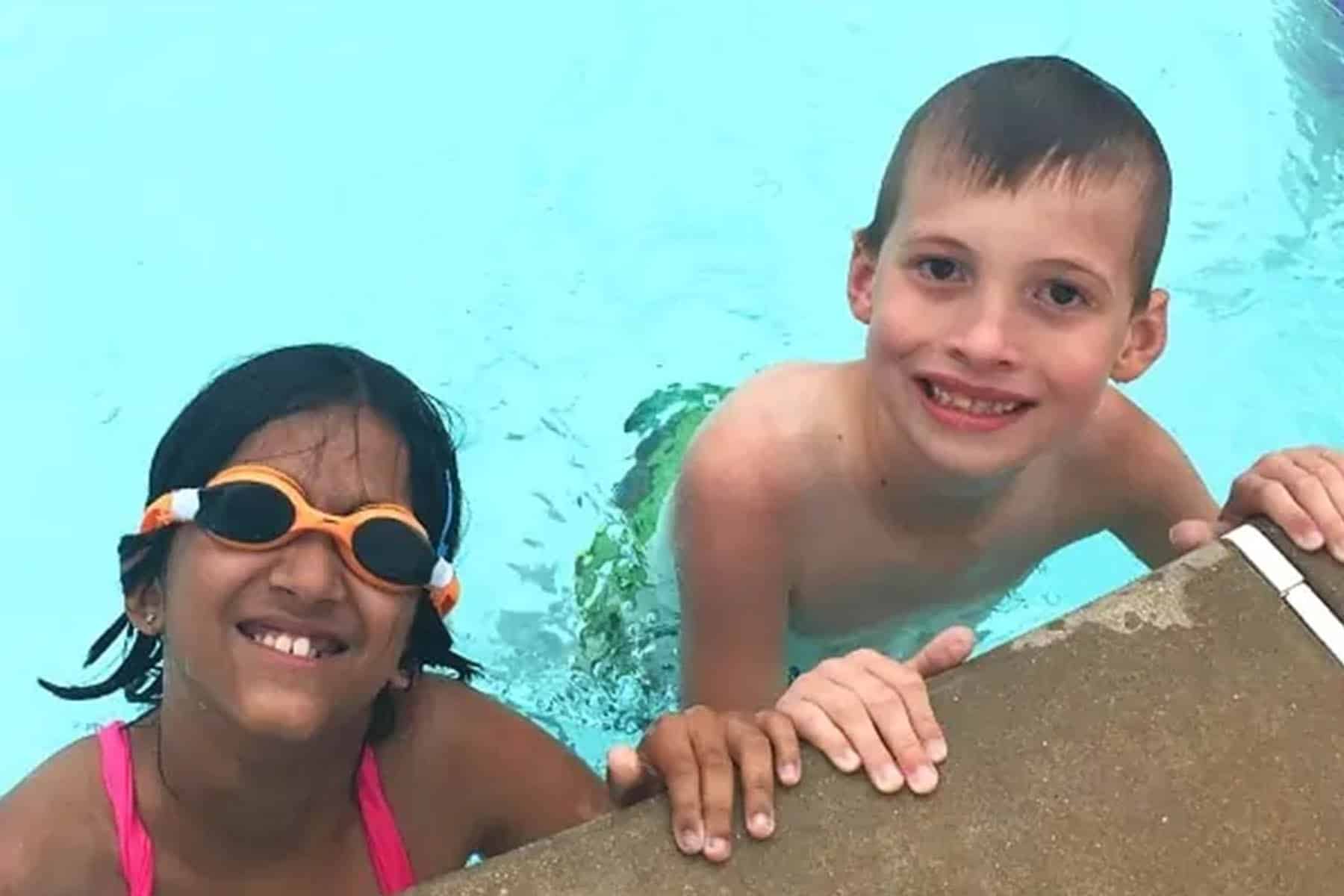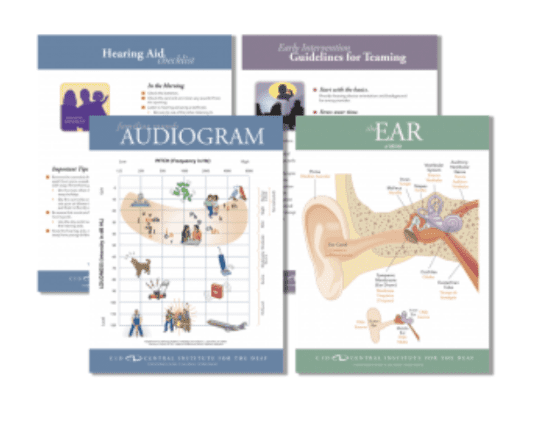One of the most popular summer activities for children is swimming. For parents and caregivers, however, swimming can be a source of stress and worry. This worry increases when the child has a hearing loss. What if he doesn’t hear the lifeguard’s whistle? What if he goes too far in the water and doesn’t hear his name being called? What if his device gets wet and breaks? These are just a few of the questions that can go through a parent or caregiver’s mind when thinking about a trip to the pool. To help ease these fears, the following tips can be used to keep children (and their devices) safe while swimming.
- Be familiar with the device. Many devices today can be worn in the water. Talk to the child’s audiologist to find out if his device has that capability. This may require the purchase of an additional piece of equipment, such as a sleeve that covers the processor. If the device does not have waterproof capabilities, make sure it’s stored in a dry place, like a dry aid storage kit. Also consider using a dehumidifier at home to remove any moisture from the device.
- Do your best to prevent ear infections. Swimming poses the risk of ear infections due to water entering the ear canal. Wearing ear plugs or ear putty can help avoid ear infections.
- Talk to the child about water safety. If he will not be wearing his device, discuss ways for him to stay safe, such as watching the lifeguard and staying near an adult. Explain how he will need to be more reliant on speechreading. Point out areas of the pool that are safe for him to be in and areas that are too deep and dangerous.
- Make sure the child understands the vocabulary associated with the pool. What do “shallow” and “deep” mean? What does “no diving” mean? Knowing words he may see or hear can help him stay safe and follow the rules.
- Talk with the lifeguards and swimming pool staff ahead of time about the child’s hearing loss. Let them know that the child may or may not be able to hear the whistle or any directions being said to them. Encourage them to use gestures as needed.
- Stay near the child. Being close to the child will help him read lips if necessary. Being in close proximity can also aid in getting him to safety.
All children should be able to experience the enjoyment of going to the pool. Taking the necessary precautions can bring this enjoyment to children with hearing loss and a sense of relief to their parents and caregivers.

Jessica Klein is a speech-language pathologist. In addition to working at CID, she has worked in a public school setting, serving elementary-age students. Ms. Klein has co-authored several workshops, presented at a variety of professional conferences and written an online course about developing literacy skills in students who are deaf and hard of hearing. Most recently, she co-authored the SPICE for Life Second Edition auditory training curriculum.












